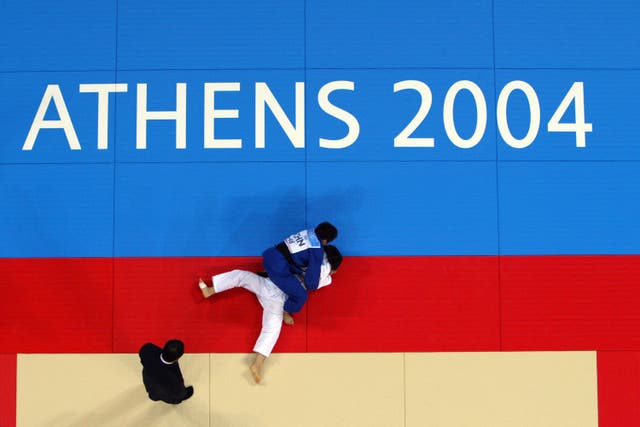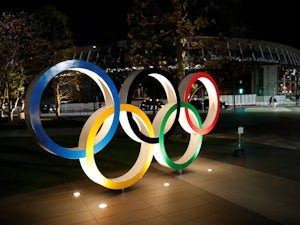Little could its 241 contestants have envisaged the extent of the history they were making when they gathered to mark the opening of the 1896 Olympic Games in the Panathenaic Stadium in Athens.
Even the sight of an Olympic flame was more than a quarter of a century away: modern issues likes hormone-suppression were not only inconceivable, but unnecessary, since every one of the athletes was resolutely male.
Fulfilling Pierre de Coubertin's vision of reprising the ancient Athens Olympiads, the first modern Games comprised 10 sports, although sailing was scrubbed from the competitive schedule due to a lack of entrants.

Due to the organisers' refusal to build a swimming pool, all four of the swimming events took place in the sea. According to a story circulated many years later, the only American competitor, Gardner Williams, jumped in for the start of his 100 metres race and immediately scrambled back out again, shrieking: "Jesus Christ! It's freezing!"
The weightlifting competition, split into events for one-handed lift and two-handed lift, yielded Great Britain's first Olympic champion in the Mumbai-born Launceston Elliot.
Elliot won the one-handed lift and had to settle for silver in the two-handed lift despite lifting the same total as Denmark's Viggo Jensen, because Jensen was adjudged to have a superior style.
Elliott also competed in the 100 metres, which was won by Tom Burke in 12 seconds, and the rope-climbing, in which competitors tried to climb a 14-metre outdoor rope in the quickest time.
The 12-hour cycling event resulted in just two finishers, with Great Britain's Frederick Keeping just pipped by Austria's Adolf Schal, long after their rivals had admitted defeat, possibly out of boredom.
The tennis tournament, which did not involve any of the leading British or American players, nevertheless saw a surprise winner in Dublin orphan John Boland, who was holidaying in Athens at the time with a Greek acquaintance.
Persuaded to enter the tournament despite a modest reputation and zero international experience, Boland proceeded to win the singles before teaming up with Germany's Fritz Traun to also triumph in the doubles competition.
Despite financial concerns, the 1896 Games proved to be a success – certainly much more than the ungainly episodes that were to follow in 1900 and 1904. The boys of 1896 had earned their place in history.











